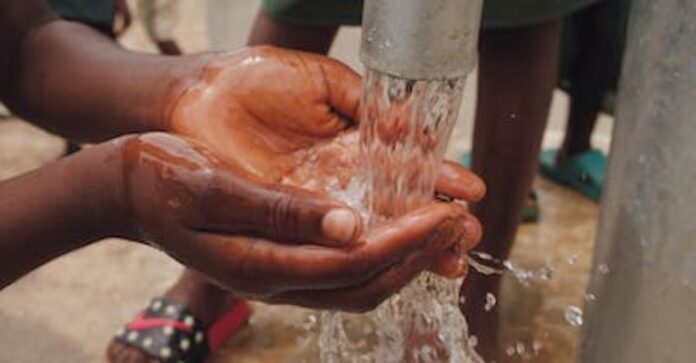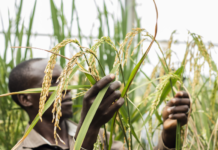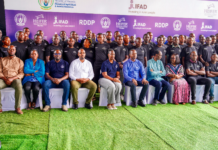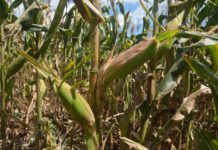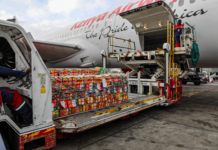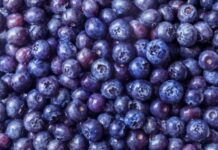South Africa has a long-standing problem with water contamination, both in agricultural and residential settings. The problem is so severe that the Mail & Guardian note that, in many municipalities, it’s a case of accepting contaminated water or having no water at all. This obviously has dire consequences in agriculture, with water contaminated by heavy metals and other pollution creating a real risk of failed or dangerous crops. Tackling the sources of that pollution is crucial and also creates the potential for wider improvements, if landowners across the country can collaborate.
Understanding lead
One of the primary contaminants in South African water supplies are heavy metals, and lead in particular. The problem of lead in water is not confined to the tap, either; one journal found significant levels of lead in bottled water, too, showing the widespread nature of the problem. The problem of heavy metal contamination is an indelible part of South African mining activities, unfortunately – with the highest reserves of platinum group minerals, like manganese, which create lead through their extraction, there will always be a challenge in cleanup. Farmers can take individual action. Modern filtering methods provide the means through which to remove lead from water sources, and these are increasingly able to be deployed at scale. It’s not realistic to insist that lead can be removed entirely from groundwater sources, and so making a filtering stop at the point of extraction can be very important. This will also help to capture other heavy metals.
Considering bacteria
On the other end of the water contamination scale is bacterial growth, and particularly the likes of E coli. As The Guardian highlights, seasonal tides and ocean spill from the Indian ocean has caused flooding, with the Durban area particularly severely impacted. The only way around this as a farmer is to continually test and treat water sources. This is particularly important for livestock water sources. It’s worth considering the construction of a protected water source for that purpose, as the costs of keeping animals and produce healthy and safe will far outstrip the initial outlay of protecting against that.
Protecting yourself
Existential factors can cause bacteria and heavy metal contamination of groundwater. Farmers themselves, however, have a part to play too, and can be responsible for the contamination of water with excessive use of fertilisers. Indeed, studies have shown that potassium and nitrogen contamination in groundwater can lead to long-term destruction of habitats and the impact of long-term agricultural development. It is imperative that farms control their use of fertiliser, especially in the face of reduced yields owing to other groundwater contamination, and continue to monitor their own use.
In that way, farms have preventative action to take themselves alongside finding measures to reduce contaminants in water – and to prevent it reaching the crop of livestock. South Africa is facing huge challenges with the contamination of its water, and so farmers will need to continue to take proactive action to protect their work.


